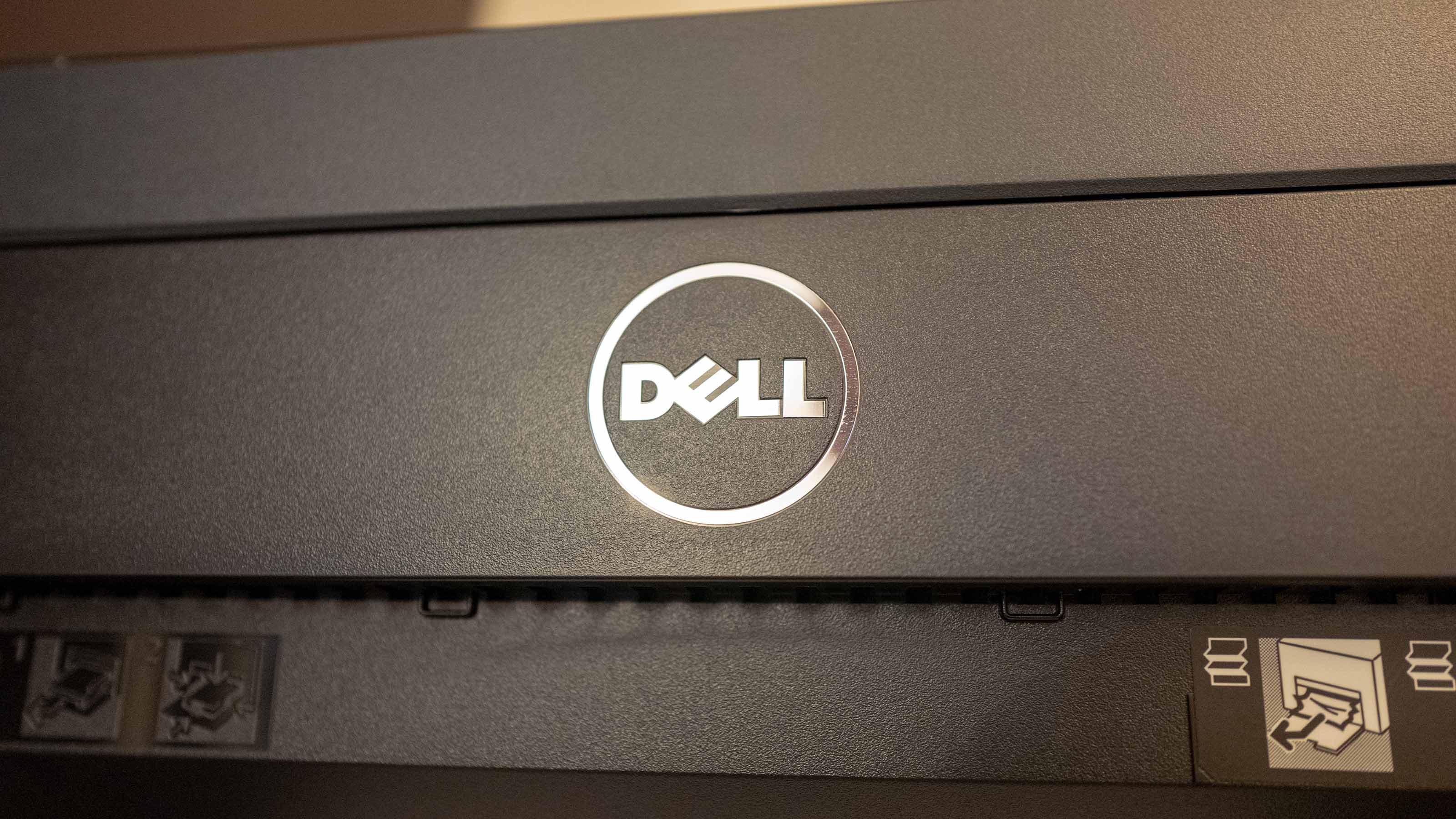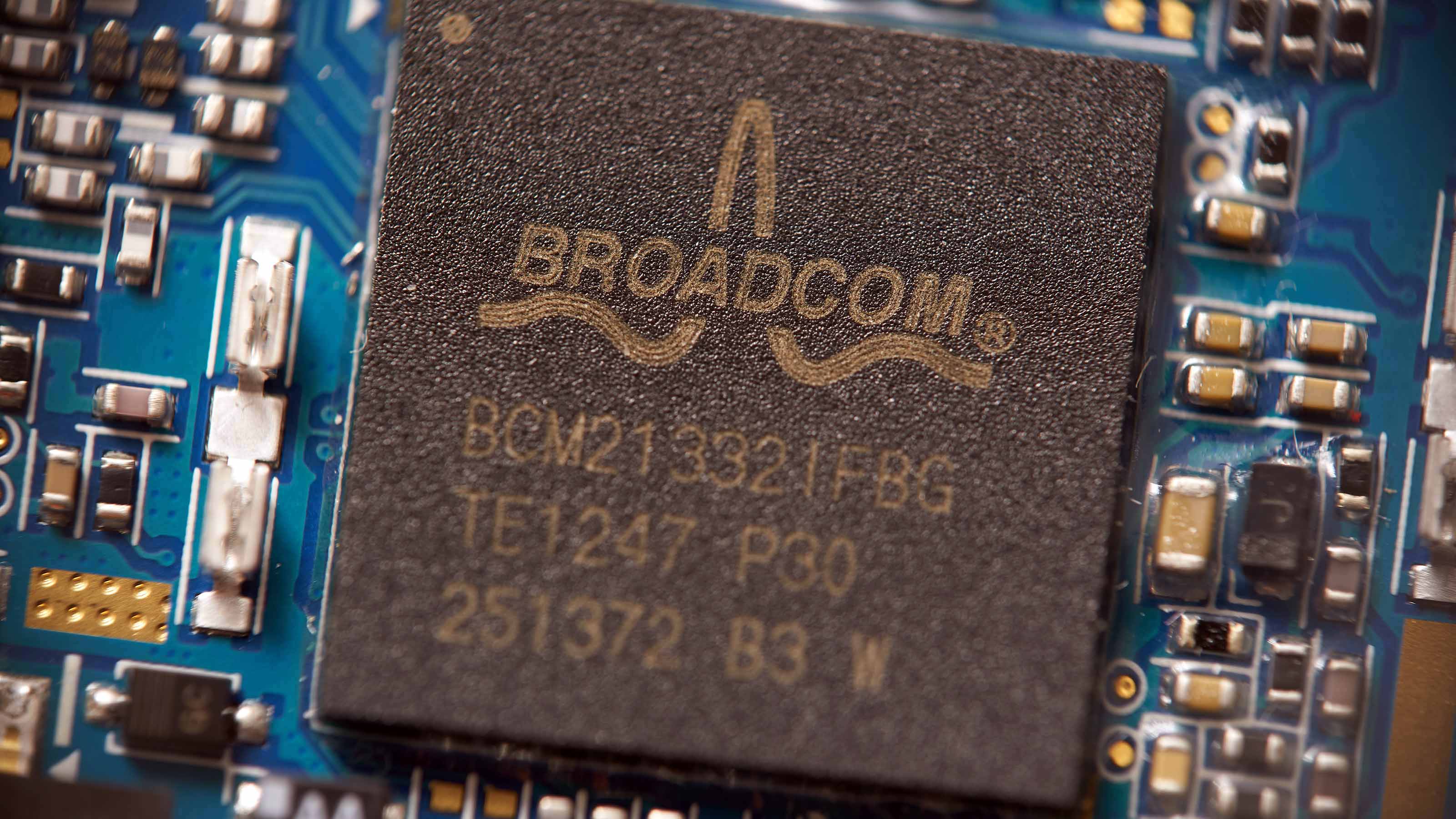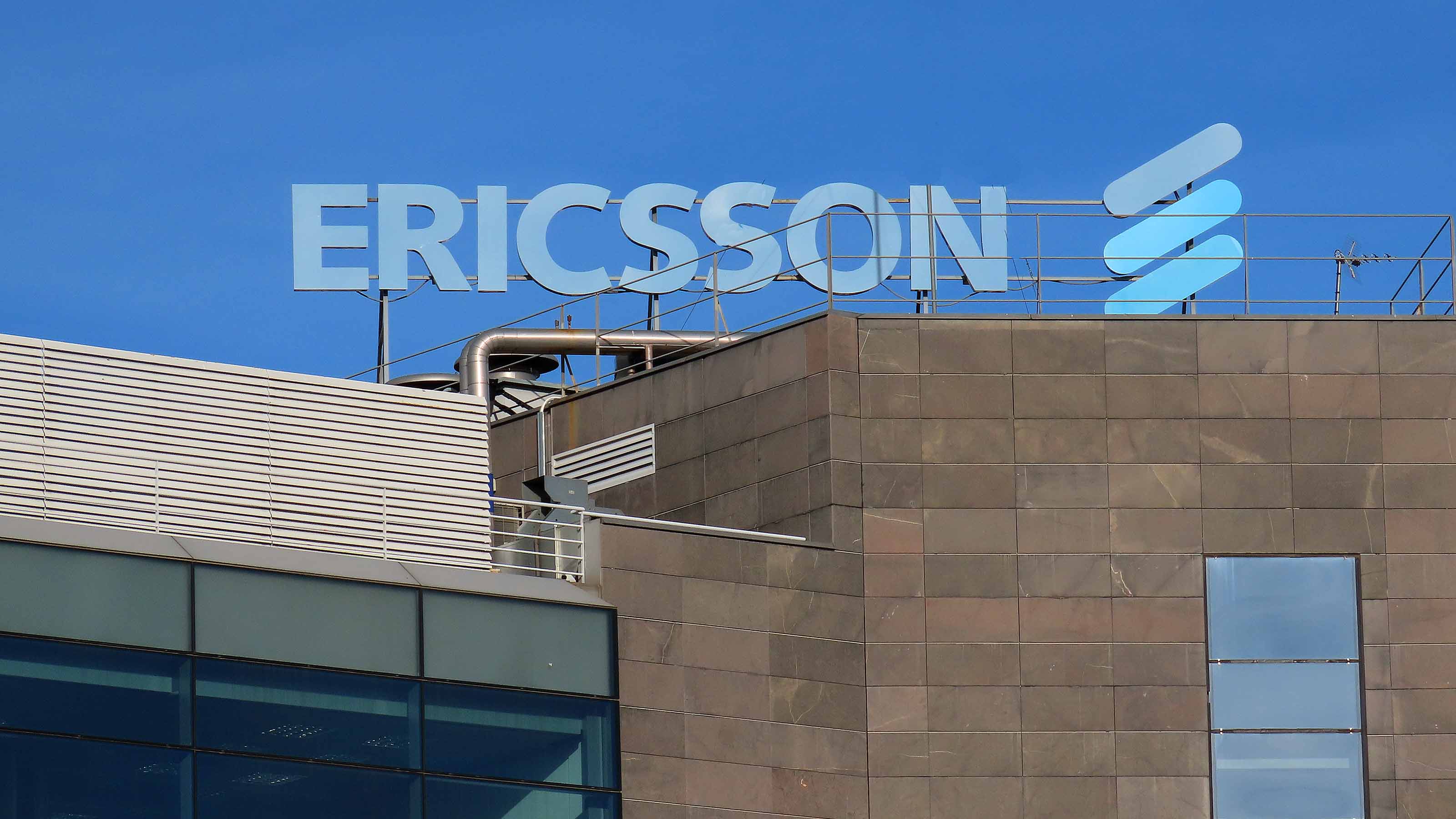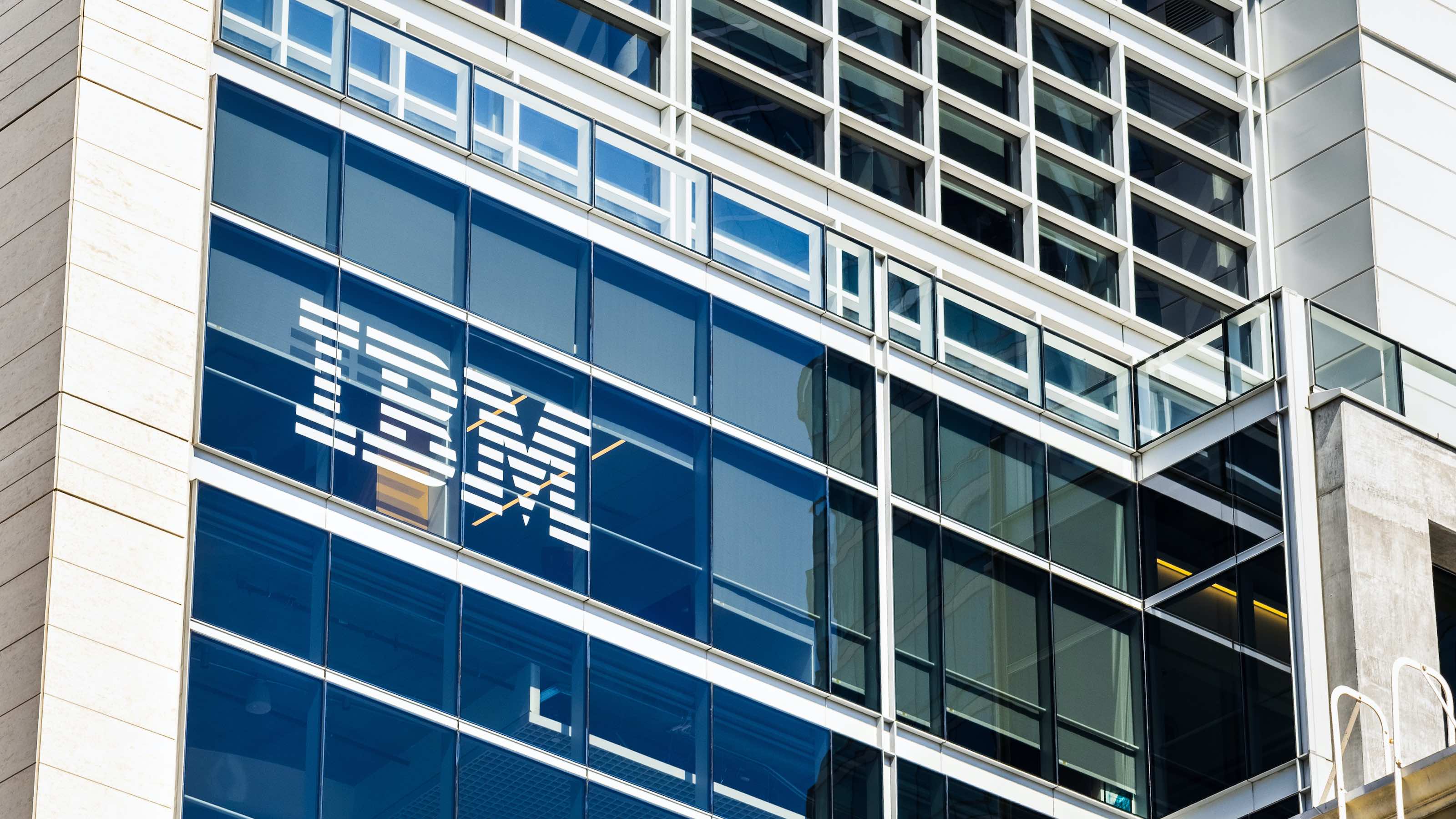7 Tempting Tech Stocks With Above-Average Dividends
Investors seeking out both growth and enticing yields may want to consider these seven tech stocks with dividends.


Profit and prosper with the best of Kiplinger's advice on investing, taxes, retirement, personal finance and much more. Delivered daily. Enter your email in the box and click Sign Me Up.
You are now subscribed
Your newsletter sign-up was successful
Want to add more newsletters?

Delivered daily
Kiplinger Today
Profit and prosper with the best of Kiplinger's advice on investing, taxes, retirement, personal finance and much more delivered daily. Smart money moves start here.

Sent five days a week
Kiplinger A Step Ahead
Get practical help to make better financial decisions in your everyday life, from spending to savings on top deals.

Delivered daily
Kiplinger Closing Bell
Get today's biggest financial and investing headlines delivered to your inbox every day the U.S. stock market is open.

Sent twice a week
Kiplinger Adviser Intel
Financial pros across the country share best practices and fresh tactics to preserve and grow your wealth.

Delivered weekly
Kiplinger Tax Tips
Trim your federal and state tax bills with practical tax-planning and tax-cutting strategies.

Sent twice a week
Kiplinger Retirement Tips
Your twice-a-week guide to planning and enjoying a financially secure and richly rewarding retirement

Sent bimonthly.
Kiplinger Adviser Angle
Insights for advisers, wealth managers and other financial professionals.

Sent twice a week
Kiplinger Investing Weekly
Your twice-a-week roundup of promising stocks, funds, companies and industries you should consider, ones you should avoid, and why.

Sent weekly for six weeks
Kiplinger Invest for Retirement
Your step-by-step six-part series on how to invest for retirement, from devising a successful strategy to exactly which investments to choose.
Finding tech stocks with dividends isn't the easiest task for investors. Most don't issue cash payouts to shareholders, but the few that do become even more enticing during periods of market volatility due to their ability to offer a unique combination of growth and income.
Looking specifically at the S&P 500 Index, there are only 44 out of 75 tech stocks with dividends, and the yields on most of these are meager. According to Todd Rosenbluth, head of research at VettaFi, the average yield on tech stocks in the S&P 500 Index was less than 0.8% last year and lagged far behind much richer yields available from sectors like consumer staples (2.4%) and utilities (2.9%).
Another interesting fact about tech stocks with dividends is that most found in the S&P 500 are relatively new to paying shareholders and virtually all either initiated dividend payments in 2021 or raised their payouts. Companies new to paying dividends often make bigger or more frequent hikes early on, so dividend-paying tech stocks could be a good place to look for above-average growth.
At present, most dividend-paying tech stocks offer yields below 2%, but there are a few tech standouts yielding nearly 3% or even higher. Here are seven tech stocks with dividends that offer a rare combination of earnings growth, rising free cash flows and generous above-average yields.
Data is as of June 7. Dividend yields are calculated by annualizing the most recent payout and dividing by the share price. Stocks are listed in order of lowest to highest dividend yield.

Dell Technologies
- Market value: $37.8 billion
- Dividend yield: 2.6%
Dell Technologies (DELL, $51.15) experienced skyrocketing demand in its consumer PC business during the pandemic, fueled by work-from-home trends. DELL wisely used its rising free cash flow – the money a company has left after covering its capital expenditures needed to maintain its business – and a huge special dividend received from spinning off its VMware (VMW) software business to pay down debt. As a result, the company has recently regained an investment-grade credit rating.
The company is now focused on increasing shareholder returns. DELL recently announced a $5 billion stock buyback plan and initiated dividend payments, beginning with a 33 cents per share quarterly dividend that was paid for the first time in April.
More than just a PC maker, Dell also enjoys leadership positions in servers and storage thanks to its 2016 acquisition of EMC. The markets for computer servers and storage are growing at double-digit rates, driven by robust corporate IT spending and emerging demand in new areas like hybrid cloud and 5G.
Dell generated strong fiscal 2022 results showing 17% sales growth and 114% earnings per share (EPS) gains. This growth continued in the April quarter too, with the company posting revenue that was up 16% year-over-year, while EPS jumped 21%.
In early May, Citi analyst Jim Suva warned that Dell and its chief rival HP (HPQ) could face headwinds this year if trade tensions worsen and China opts to replace foreign PCs with domestically sourced ones. China accounts for roughly 15% of the worldwide PC market. Still, Suva maintained a Buy rating on DELL shares.
DELL stock is down about 9% year-to-date. Shares are currently trading at just seven times forward adjusted earnings. That represents a nearly 20% discount to the company's five-year average forward price-to-earnings (P/E) valuation and a greater than 60% discount to tech industry peers.

Garmin
- Market value: $20.4 billion
- Dividend yield: 2.6%
Switzerland-based Garmin (GRMN, $105.79) is best known for its GPS devices, but more recently the company has been building a sizable presence in smartwatches and other devices with applications in the fitness, outdoor, aviation and marine markets.
Garmin recently added solar-charging technology to many of its smartwatches, enabling these to seamlessly integrate with other high-tech products the company creates. These include fitness trackers, golf swing analyzers and marine sonar and chart plotters.
GRMN anticipates significant traction for its new adventure watches will fuel 20% growth for its outdoor segment in 2022. The company also expects a strong performance from its automotive segment as production of Garmin's new in-car entertainment system designed for BMW vehicles commences later this year and ramps up in 2023.
Garmin's revenues rose 9% year-over-year during the March quarter, with four of its five businesses seeing growth and three posting double-digit gains compared to the year prior. Earnings per share came in above analysts' consensus estimate, but were down slightly year-over-year due to supply-chain challenges. The company is guiding for 2022 revenues up roughly 10% to $5.5 billion and adjusted earnings 1% higher this year at $5.90 per share.
When it comes to tech stocks with dividends Garmin is one of the best around. The company recently announced a $300 million share repurchase plan and a 9% dividend hike, marking its fifth consecutive year of dividend growth. With $3.0 billion of cash and marketable securities on its balance sheet, GRMN has plenty of powder to fund both business growth initiatives and rising dividends.
BofA Global Research analyst Ronald Epstein upgraded his rating on GRMN shares to Buy in March, highlighting the company's differentiated and new products as growth drivers. Epstein forecasts double-digit revenue growth for the company in 2022 and thinks that Garmin's diverse offerings and vertically integrated business model enables it to better handle supply-chain challenges than industry peers.

Broadcom
- Market value: $241.5 billion
- Dividend yield: 2.9%
Broadcom (AVGO, $572.99) is a leading U.S. semiconductor manufacturer, as well as an emerging player in infrastructure software solutions. At present, semiconductor remains Broadcom's largest business, accounting for roughly 76% of revenues.
AVGO supplies semiconductor chips to Fortune 500 customers in the data center, networking, software, broadband, wireless, storage and industrial markets. Its infrastructure software solutions segment addresses the needs of customers with applications in automation, monitoring and security, smartphone and telecom.
Broadcom delivered record March quarter results. Revenues rose 16%, adjusted EPS increased 27% and free cash flow improved 13%. In addition, the company anticipates that year-over-year growth will accelerate during the June quarter.
The company easily made the list of the best tech stocks with dividends. It pays a generous $16.40 yearly dividend that has risen at a 43% annual rate since 2016. Strong dividend growth has been supported by consistently improving revenues, adjusted EBITDA (earnings before interest, taxes, depreciation and amortization) and free cash flow over the past five years.
AVGO produced nearly $3.4 billion of free cash flow during the March quarter and has $10.2 billion of cash and cash equivalents on its balance sheet. With these amounts of cash and cash flow, Broadcom easily covered $1.8 billion of dividend payments and $2.7 billion of share repurchases during the quarter.
BofA analyst Vivek Arya has a Buy rating on the semiconductor stock and said in May that elevated spending on networking, Wi-Fi, Bluetooth and storage for companies supporting work-at-home employees creates a tailwind for chipmakers like Broadcom. Citi analysts also like the stock and think that Broadcom and other chipmaker stocks are well-positioned to outperform if the U.S. economy enters a recession.

Corning
- Market value: $30.3 billion
- Dividend yield: 3.0%
Corning (GLW, $35.84) is a global leader across multiple industries, including polysilicon display panels, fiber optics, pharmaceutical packaging, automotive emissions and "smart" glass.
It is also the majority owner of Hemlock Semiconductor, a U.S. manufacturer of high-quality polysilicon used in semiconductors and solar panels. Hemlock is the only U.S. producer of polysilicon. Currently, around 60%-70% of its produced polysilicon is used in semiconductors. Analysts think that the current push to bring semiconductor manufacturing back to the U.S. could be a major growth catalyst for this GLW business over the next few years.
Corning's sales grew 15% and EPS rose 20% during the March quarter, fueled by strong gains from the optical communications business and favorable display business pricing. The optical communication unit benefits from increased 5G spending and the construction of new data centers, which Corning expects to drive double-digit demand growth for this business.
Overall, the company is guiding for high single-digit sales growth and EPS rising faster than sales in 2022.
Corning has one of the best track records for consistently rising dividends in the tech sector. The company has grown dividends 11 years in a row and more than 12% annually over the past five years. GLW most recently hiked its quarterly dividend by 12.5% in February.
GLW shares are down 11% for the year-to-date and look conservatively valued at just 15 times forward earnings. This is more than 18% below the stock's historic valuation and its IT sector peers.
Both Susquehanna and Goldman Sachs upgraded their ratings on GLW stock to the equivalent of a Buy in January, with analysts citing benefits from multiple industry tailwinds and growth estimates that looked too conservative. Goldman Sachs recently included GLW stock list of top sector picks for high dividend growth and yield in 2022.

Ericsson
- Market value: $27.8 billion
- Dividend yield: 3.0%
Telecom giant Ericsson (ERIC, $8.31) provides communication infrastructure and related software and services and is one of a handful of vendors worldwide supplying the equipment that supports 5G rollouts.
The company plans to expand its leadership in the 5G space by acquiring Vonage, with the $6.2 billion purchase on-track to close in the first half of 2022, according to management. By integrating 5G tools into Vonage's communication architecture, Ericsson expects to create an open platform that will enable businesses to easily and inexpensively access 5G capabilities. ERIC also plans to leverage Vonage's huge pool of 1.0+ million registered developers to expand its offerings of 5G solutions for enterprises based on that platform.
Ericsson is one of the best tech stocks for dividends, having reliably delivered 3% annual sales gains and 27% EBITDA growth over three years. Dividend growth has been exceptional, exceeding 17% annually over five years, and analysts look for 13% dividend growth this fiscal year.
The company's sales grew 3% organically during the March quarter, overall revenues were up 11% and operating profit excluding one-time restructuring charges rose 11%. Despite a respectable March quarter performance, earnings fell short of analyst estimates. The company also warned it could face additional fines by the U.S. government over reported bribes paid to the terrorist group ISIS to do business in Iraq. ERIC shares took a beating in reaction. Overall, the stock is down 23.6% so far in 2022.
Citi analyst Andrew Gardiner thinks that ERIC shares have limited upside this year as a result of higher costs and the risk of U.S. government fines. He has a Neutral (Hold) rating on the stock. Barclays analyst Keagan Bryce-Borthwick also expects investor sentiment to remain neutral on ERIC shares until greater clarity emerges on potential government fines and the planned Vonage purchase.
Still, for investors with a long-term outlook looking for the best tech stocks with dividends, ERIC is worth keeping on the radar.

Seagate Technology Holdings
- Market value: $18.2 billion
- Dividend yield: 3.4%
Seagate Technology (STX, $84.49) was one of the early pioneers in data storage solutions and remains a world leader in producing the large capacity disk drives needed by cloud-based data centers. Research firm IDC forecasts 18.5% annual growth in shipments of high-capacity hard drive disks through 2025 and looks for average capacity per drive to rise more than 25% annually – suggesting an increased appetite for even higher-capacity drives to meet booming data storage demand.
STX's revenues rose just 3% during the March quarter as a result of record demand from cloud storage customers being partially offset by headwinds from the video market. March is typically the company's slowest quarter and the slowdown was even greater this year due to supply-chain challenges.
Despite limited sales growth, the company's March quarter adjusted EPS improved 22% and free cash flow rose 32%. Analysts, on average, forecast the company's fiscal 2022 EPS at $8.50, up 50% year-over-year, and rising to $9.39 in fiscal 2023.
Seagate took advantage of the seasonal slowdown to reconfigure its factories to meet rising demand for its 20-terabyte drives. The company anticipates it will ship over 1 million 20-terabyte drives next quarter. Cloud customers operating at record utilization rates are demanding these higher-capacity drives and STX is the first supplier able to deliver 20-terabyte drives in high volume.
It's easy to see why Seagate is on this list of tech stocks with dividends. The company has paid dividends for a decade and grown payments roughly 3% annually over the three years.
During the March quarter, STX generated $363 million of free cash flow, paid $154 million of dividends and spent $417 million on share repurchases. With solid free cash flow and balance sheet cash exceeding $1.1 billion, Seagate could easily support a faster rising dividend. The company typically increases its dividend once a year in the fall.
In May, BofA strategists named STX one of 28 beaten-down stocks that they believe could outperform during a bear-market rally. In addition, Goldman Sachs made STX one of its top tech sector picks for dividend growth and yield.

International Business Machines
- Market value: $128.0 billion
- Dividend yield: 4.6%
Once the world's dominant PC maker, International Business Machines (IBM, $142.78) has shifted its focus to subscription software and consulting, which now account for over 70% of its revenues. The company transformed its business mix via the 2019 acquisition of enterprise software company Red Hat to capitalize on growth opportunities in faster-growing niches such as hybrid cloud platforms, artificial intelligence (AI), business transformation and technology consulting.
IBM says the shift in its business has made the company more profitable due to a higher-value product mix. Also helping boost the bottom line is a rising stream of significant recurring revenues from software subscriptions, resulting in enhancements to free cash flow.
The company's revenues rose 8% year-over-year to $14.2 billion during the March quarter. IBM also generated $1.2 billion of free cash flow, ending the quarter with $10.8 billion of cash and equivalents on its balance sheet. Excluding one-time items, IBM earned $1.40 per share, topping analyst estimates of $1.39. The company is guiding for high single-digit revenue growth in fiscal 2022 and free cash flow ranging from $10 billion to $10.5 billion.
IBM shares rose in mid-April after analysts raised their price targets following the company's solid financial results.
BofA analyst Wamsi Mohan highlighted IBM's defensive portfolio and thinks it will benefit from increased spending on mainframe computers in 2022-2023. Credit Suisse analyst Sami Badri reiterated his Outperform (Buy) rating after earnings, noting that Big Blue remains one of the key enablers of the IT transition to hybrid cloud architecture. And Morgan Stanley upgraded IBM to Overweight (Buy), with analysts expecting IBM to outperform other high-end software and service providers this year.
In addition to impressive quarterly results, the Dow Jones stock rewarded investors with a 1% dividend hike in April. The company has posted 23 consecutive years of dividend growth, including roughly 4% annual hikes over the past five years. Plus, when it comes to tech stocks with dividends, IBM boasts one of the highest yields, currently at 4.6%.
Profit and prosper with the best of Kiplinger's advice on investing, taxes, retirement, personal finance and much more. Delivered daily. Enter your email in the box and click Sign Me Up.

Lisa currently serves as an equity research analyst for Singular Research covering small-cap healthcare, medical device and broadcast media stocks.
-
 5 Vince Lombardi Quotes Retirees Should Live By
5 Vince Lombardi Quotes Retirees Should Live ByThe iconic football coach's philosophy can help retirees win at the game of life.
-
 The $200,000 Olympic 'Pension' is a Retirement Game-Changer for Team USA
The $200,000 Olympic 'Pension' is a Retirement Game-Changer for Team USAThe donation by financier Ross Stevens is meant to be a "retirement program" for Team USA Olympic and Paralympic athletes.
-
 10 Cheapest Places to Live in Colorado
10 Cheapest Places to Live in ColoradoProperty Tax Looking for a cozy cabin near the slopes? These Colorado counties combine reasonable house prices with the state's lowest property tax bills.
-
 Dow Adds 1,206 Points to Top 50,000: Stock Market Today
Dow Adds 1,206 Points to Top 50,000: Stock Market TodayThe S&P 500 and Nasdaq also had strong finishes to a volatile week, with beaten-down tech stocks outperforming.
-
 Stocks Sink With Alphabet, Bitcoin: Stock Market Today
Stocks Sink With Alphabet, Bitcoin: Stock Market TodayA dismal round of jobs data did little to lift sentiment on Thursday.
-
 Dow Leads in Mixed Session on Amgen Earnings: Stock Market Today
Dow Leads in Mixed Session on Amgen Earnings: Stock Market TodayThe rest of Wall Street struggled as Advanced Micro Devices earnings caused a chip-stock sell-off.
-
 Nasdaq Slides 1.4% on Big Tech Questions: Stock Market Today
Nasdaq Slides 1.4% on Big Tech Questions: Stock Market TodayPalantir Technologies proves at least one publicly traded company can spend a lot of money on AI and make a lot of money on AI.
-
 Fed Vibes Lift Stocks, Dow Up 515 Points: Stock Market Today
Fed Vibes Lift Stocks, Dow Up 515 Points: Stock Market TodayIncoming economic data, including the January jobs report, has been delayed again by another federal government shutdown.
-
 Stocks Close Down as Gold, Silver Spiral: Stock Market Today
Stocks Close Down as Gold, Silver Spiral: Stock Market TodayA "long-overdue correction" temporarily halted a massive rally in gold and silver, while the Dow took a hit from negative reactions to blue-chip earnings.
-
 Nasdaq Drops 172 Points on MSFT AI Spend: Stock Market Today
Nasdaq Drops 172 Points on MSFT AI Spend: Stock Market TodayMicrosoft, Meta Platforms and a mid-cap energy stock have a lot to say about the state of the AI revolution today.
-
 S&P 500 Tops 7,000, Fed Pauses Rate Cuts: Stock Market Today
S&P 500 Tops 7,000, Fed Pauses Rate Cuts: Stock Market TodayInvestors, traders and speculators will probably have to wait until after Jerome Powell steps down for the next Fed rate cut.
